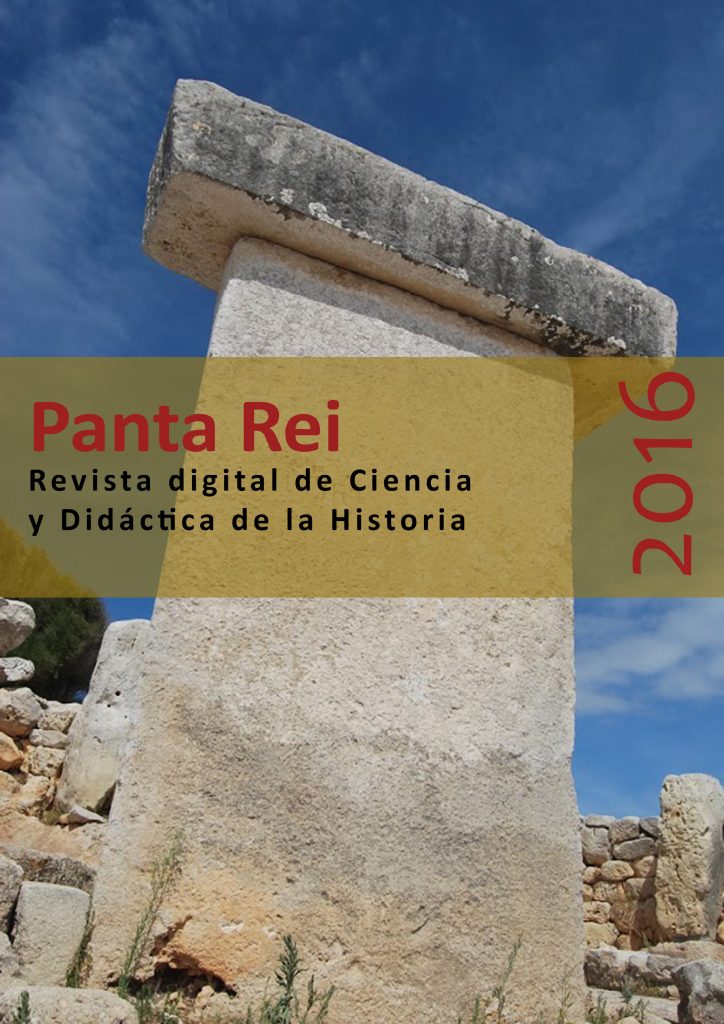Beckert, S. (2014). Empire of cotton: A global history. New York: Alfred A Knopf. 640 págs.
Abstract
Every year in Virginia, many teachers instruct students that capitalism is a system in which government stays out of the way. The author of this review, being a former high school teacher in Virginia, taught this very concept. Nevertheless, Sven Beckert tells a different story in his book Empire of Cotton: A Global History. Beckert argues that not only was the state involved in the development of capitalism, but also “the needs of nation-states were not conflicting”, meaning that in many instances capitalism intertwined with goals of the state. He uses a commodity, cotton, as a centerpiece to exemplify his point. From the onset, the reader may think they are embarking on a history of cotton, but that is not Beckert’s goal. His goal is to tell the story of capitalism, by focusing on a topicthat everyone knows something about: cotton.
Downloads
-
Abstract483
-
PDF148
References
Beckert, S. (2014). Empire of cotton: A global history. New York: Alfred A Knopf
Copyright (c) 2020 Ricky D. Mullins Jr.

This work is licensed under a Creative Commons Attribution-ShareAlike 4.0 International License.
All the contents published in this journal are subject to an Attribution-ShareAlike 4.0 International (CC BY-SA 4.0) Creative Commons License. You are free to: Share — copy and redistribute the material in any medium or format, Adapt — remix, transform, and build upon the material, for any purpose, even commercially. Under the following terms:
Attribution — You must give appropriate credit, provide a link to the license, and indicate if changes were made. You may do so in any reasonable manner, but not in any way that suggests the licensor endorses you or your use.
ShareAlike — If you remix, transform, or build upon the material, you must distribute your contributions under the same license as the original.
Full text of the license is available in: Creative Commons License 












